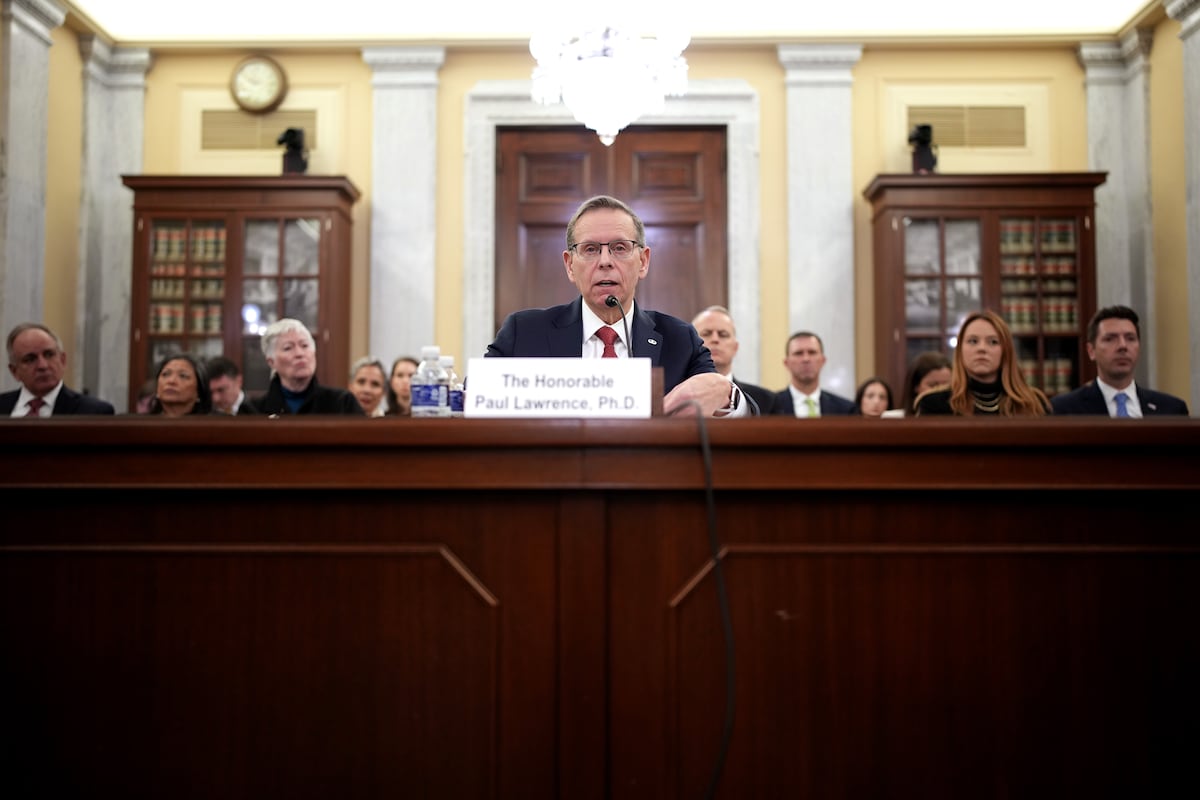VA Embarks on High-Stakes Leadership Hunt: Top Talent Sought for Benefits and Healthcare Transformation

VA Deputy Secretary Paul Lawrence is set to lead a critical leadership search for two pivotal roles within the Department of Veterans Affairs. He will spearhead the recruitment process for the department's next Undersecretary of Health and Undersecretary of Benefits, two key positions that play crucial roles in supporting America's veterans.
The search represents an important opportunity to bring fresh leadership and strategic vision to these essential departments. Lawrence's oversight of this process underscores the VA's commitment to finding top-tier talent who can effectively serve and advocate for veterans across the United States.
These leadership positions are instrumental in shaping healthcare services and benefits programs for millions of veterans, making the selection process a matter of significant importance for the veteran community and the department's ongoing mission.
